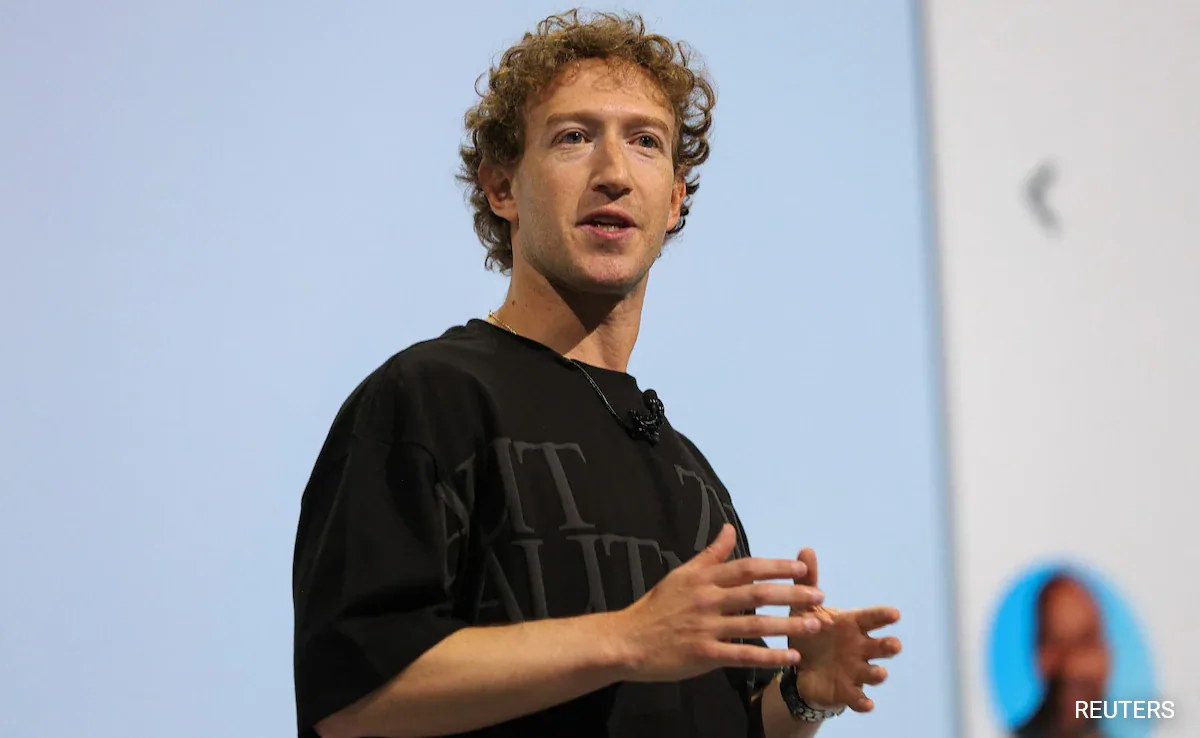 |
|
The Indian political landscape is currently abuzz with the news of Meta, the parent company of Facebook, facing a potential summons from a Parliamentary Standing Committee. This action stems from a controversial statement made by Meta CEO Mark Zuckerberg during a podcast interview on January 10th. In this interview, Zuckerberg incorrectly asserted that incumbent governments worldwide, including India's, had lost their respective elections in 2024 due to various factors such as the lingering effects of the COVID-19 pandemic, inflation, and economic policy responses. This claim has ignited a firestorm of controversy, with the Indian government swiftly issuing a fact-check and refuting Zuckerberg's assertion.
The Indian government's response was immediate and forceful. Union Minister Ashwini Vaishnaw, holding key portfolios including Railways, Information and Broadcasting, and Electronics and Information Technology, publicly challenged Zuckerberg's statement. Vaishnaw highlighted the significant voter turnout in the 2024 Indian general elections and emphasized the resounding victory of the National Democratic Alliance (NDA) led by Prime Minister Narendra Modi. He meticulously countered Zuckerberg's narrative, citing various government initiatives and achievements as evidence of continued public trust in the NDA government. This robust rebuttal underscores the Indian government's commitment to setting the record straight on a matter perceived as a significant distortion of facts concerning the country's democratic processes.
The decision by the Parliamentary Standing Committee on Communication and Information Technology, chaired by BJP MP Nishikant Dubey, to summon Meta reflects the seriousness with which this misinformation is viewed within India's political establishment. Dubey explicitly stated that the spread of misinformation about a democratic nation is damaging to its image. He also indicated that Meta would be expected to offer an apology to both the Parliament and the people of India for the inaccuracies presented by its CEO. This impending summons carries substantial weight, signaling the potential for significant repercussions for Meta if the investigation reveals a deliberate attempt to spread misinformation or a demonstrable lack of due diligence in verifying information disseminated by its CEO.
The implications of this incident extend beyond the immediate controversy. It highlights the increasingly crucial role that social media platforms play in shaping public discourse, particularly during election cycles. The ability of powerful figures like Zuckerberg to disseminate potentially inaccurate information on a global scale underscores the need for greater accountability and stricter fact-checking mechanisms within these platforms. Furthermore, it raises questions about the potential for foreign interference in domestic political processes, a concern that is particularly sensitive in the context of a large and vibrant democracy like India. The parliamentary inquiry into Meta's actions will likely delve into these wider issues, seeking to understand not only the specific instance of misinformation but also the underlying mechanisms that allowed such a statement to be made and amplified.
Zuckerberg's inaccurate claim regarding the 2024 Indian elections, while seemingly a single incident, reveals a larger trend of misinformation spread through social media platforms. The ease with which such claims can be made and amplified, coupled with the potential impact on public opinion, necessitates a proactive approach to combatting the spread of false information. This incident serves as a stark reminder of the responsibility that social media companies bear in ensuring the accuracy and integrity of the information disseminated on their platforms. The outcome of the parliamentary investigation will be closely watched, not only in India, but also globally, as it could set a precedent for how social media companies are held accountable for the information shared by their executives and the impact it has on democratic processes.
The response from the Indian government and the parliamentary committee’s decision to summon Meta demonstrate India’s commitment to safeguarding its democratic processes from external influence and misinformation. The incident serves as a case study in the challenges faced by democracies in navigating the complexities of the digital age, where the lines between fact and fiction are increasingly blurred. The repercussions for Meta will likely extend beyond a simple apology; the investigation could lead to stricter regulations on social media companies operating within India, potentially influencing the landscape of online information dissemination in the country and beyond. The long-term impact of this event will undoubtedly shape discussions on responsible social media practices and the crucial role of fact-checking in maintaining the integrity of democratic processes globally.
Source: Meta To Get Parliamentary Panel Summons Over Zuckerberg's India Poll Remark
